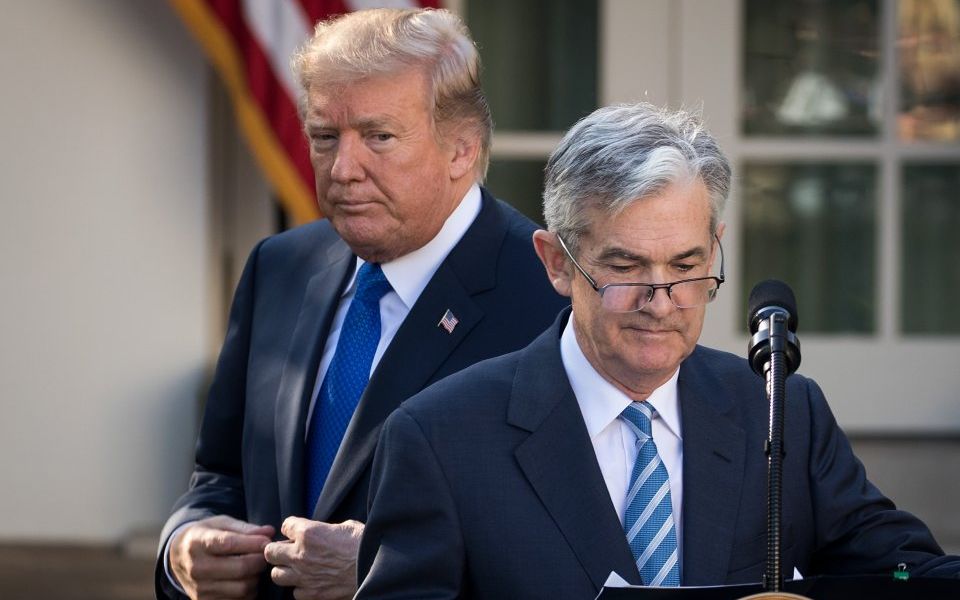
New US Fed chair could herald an economic boom

We now know who US President Donald Trump’s nominee to be the next chair of the Federal Reserve is, and it’s not the incumbent Janet Yellen.
This shouldn’t come as a massive surprise. After all, Ms Yellen was nominated to the position by former President Barack Obama.
But at the same time, with US economic growth running at 3 per cent, inflation running at 1.6 per cent and unemployment at 4.2 per cent, markets probably are right to ask why, if it ain’t broke, Mr Trump wants to fix it.
Ultimately, of course, the why isn’t that important. What matters is that market watchers have already turned their attention to the nominee himself and what he might do as Fed chair.
Jerome Powell, it seems, is considered the “boring choice” by Wall Street. Already a governor of the Federal Reserve, 64-year-old Mr Powell’s background is in private equity.
As a Republican, he served under President George W Bush in the US Treasury and is seen by markets as neutral on monetary policy, having veered into both dovish and hawkish territory.
Safe pair of hands
He is also far from the most controversial of possible nominees the President could have picked.
With this in mind, markets are likely to receive him well if he takes over the role in February.
Seen as a Fed insider, Mr Powell may well provide the continuity that market sentiment craves.
In terms of monetary policy, he is expected to steer a similar course to Ms Yellen. But it is possible he could speed up the process of unwinding the massive stimulus package that is quantitative easing (QE), having opposed a third injection of economic stimulus in 2012.
However, he is viewed as having more experience of market regulations, which could prove vital.
Mr Powell has previously said he believes the post-financial crisis regulations should be reviewed in order to ensure they are working properly and are not too restrictive.
Were some of the more restrictive regulations on Wall Street removed – and with Europe, China and the US all appearing to be moving towards growth for the first time since the financial crisis – 2018 and 2019 could see global stocks boom.
But as ever, that’s only a ‘could’.